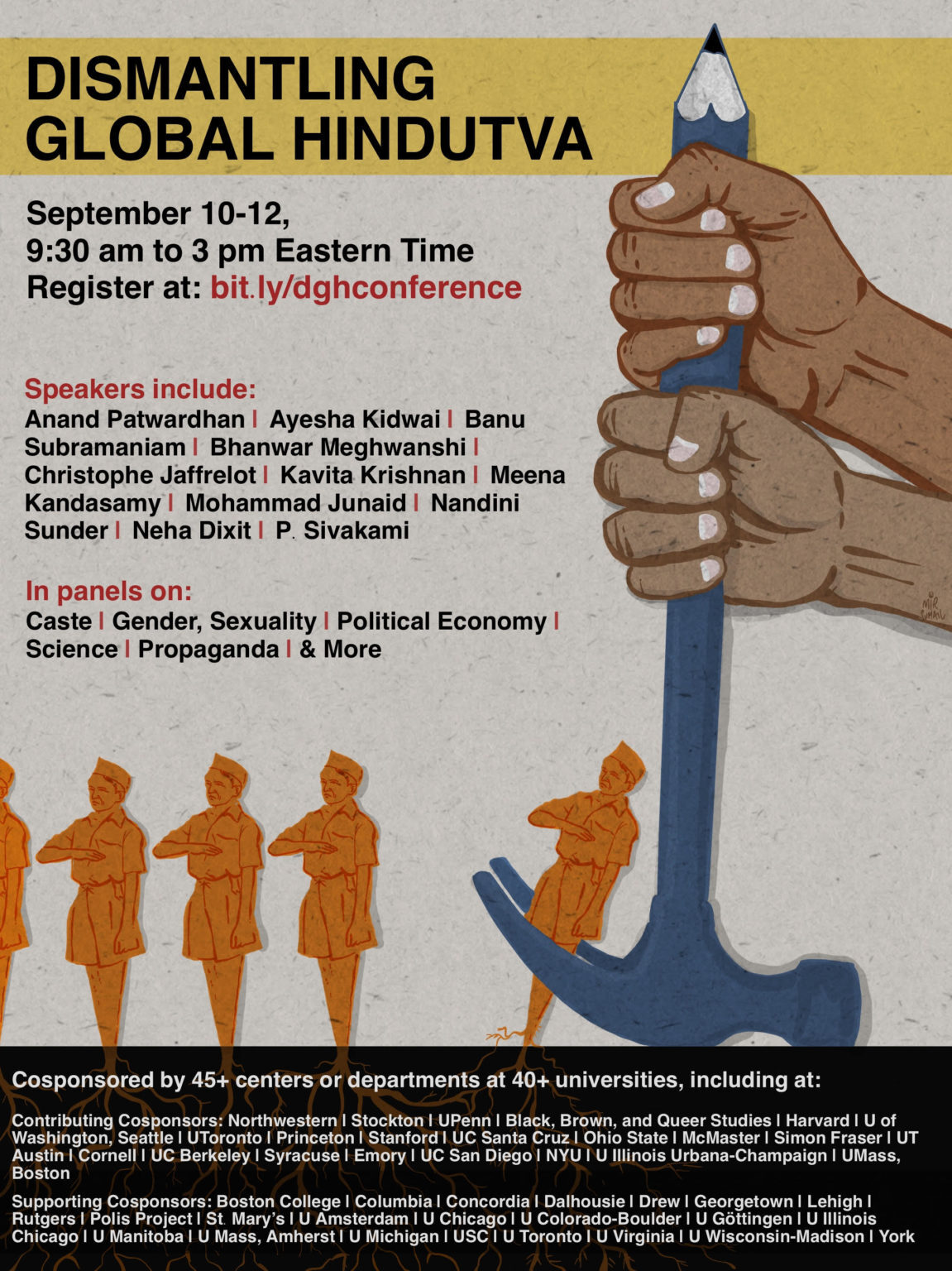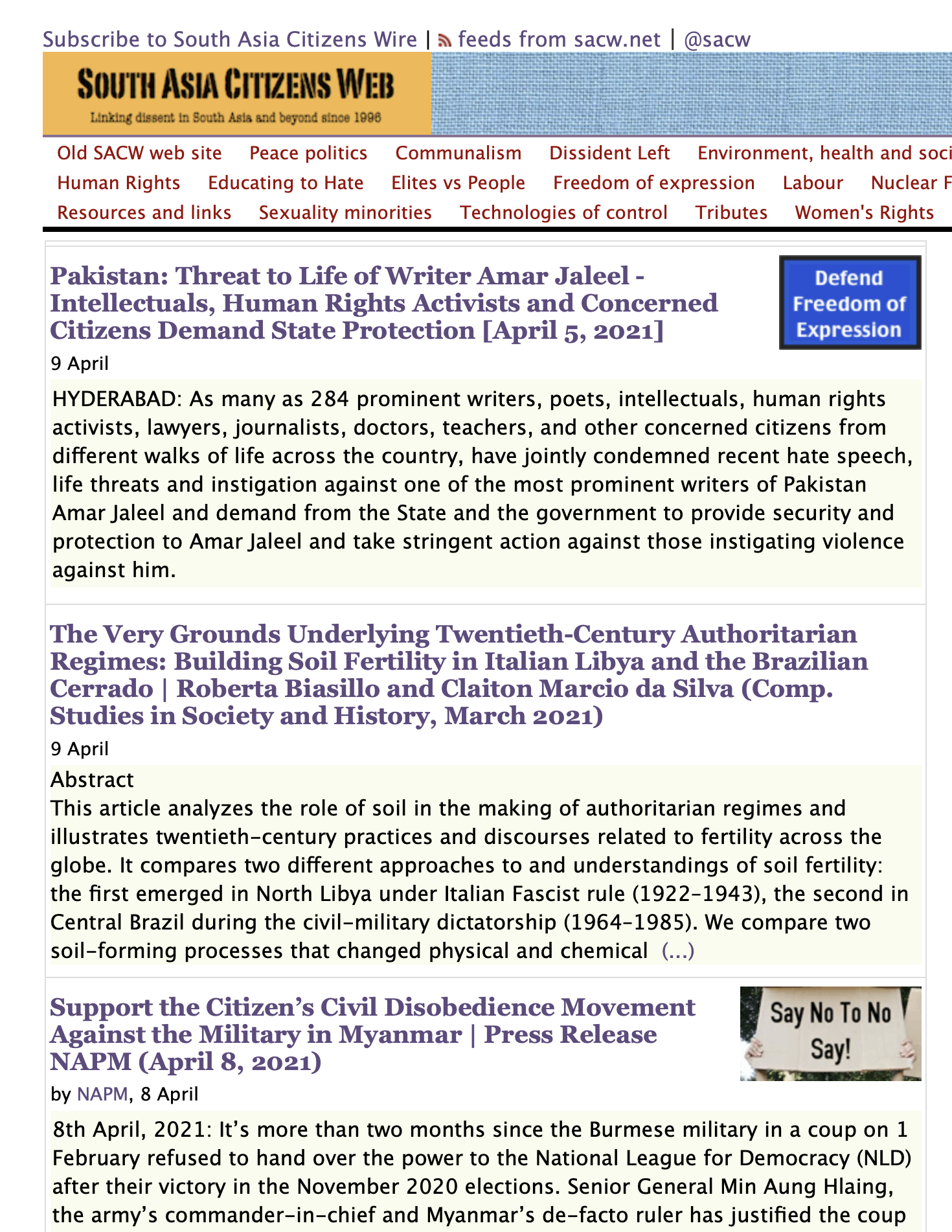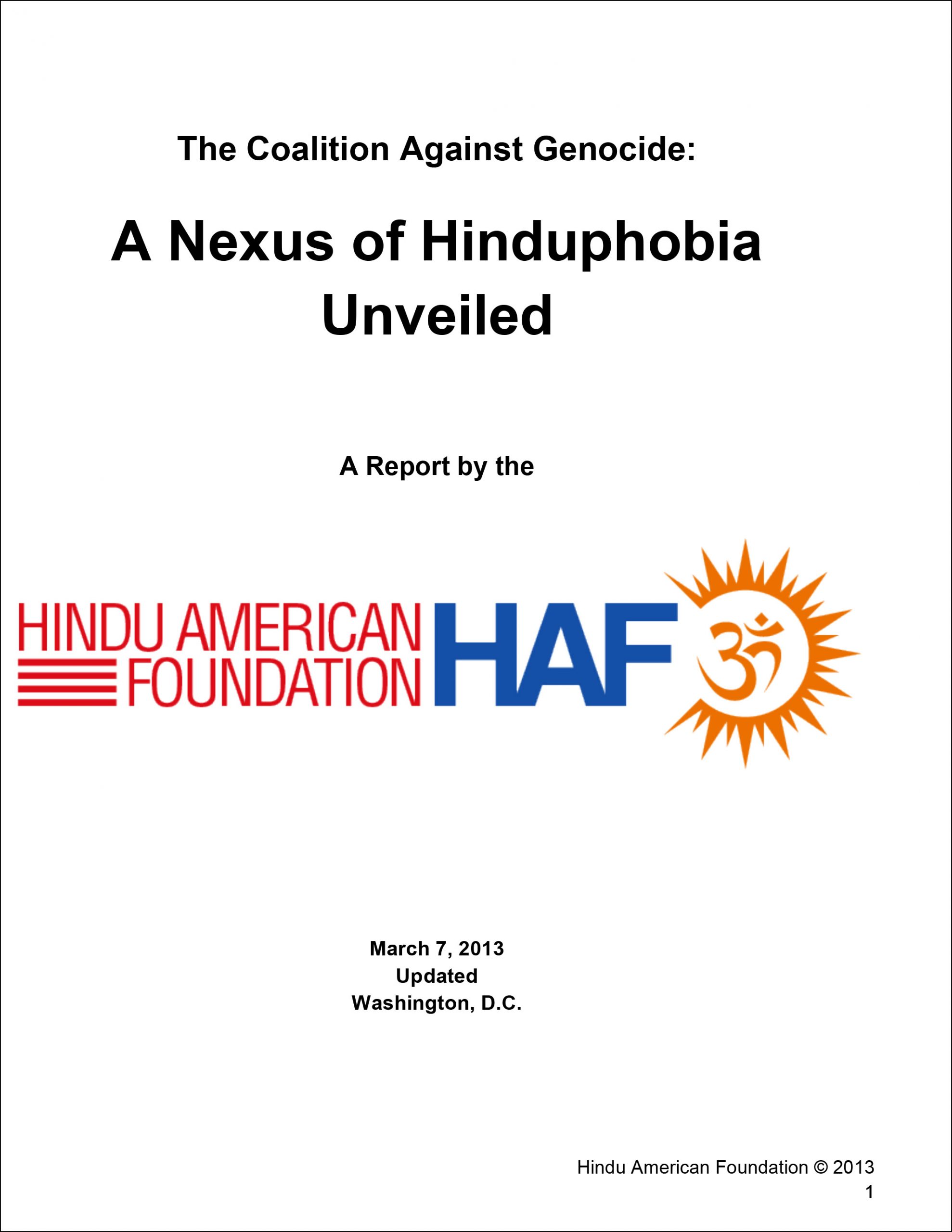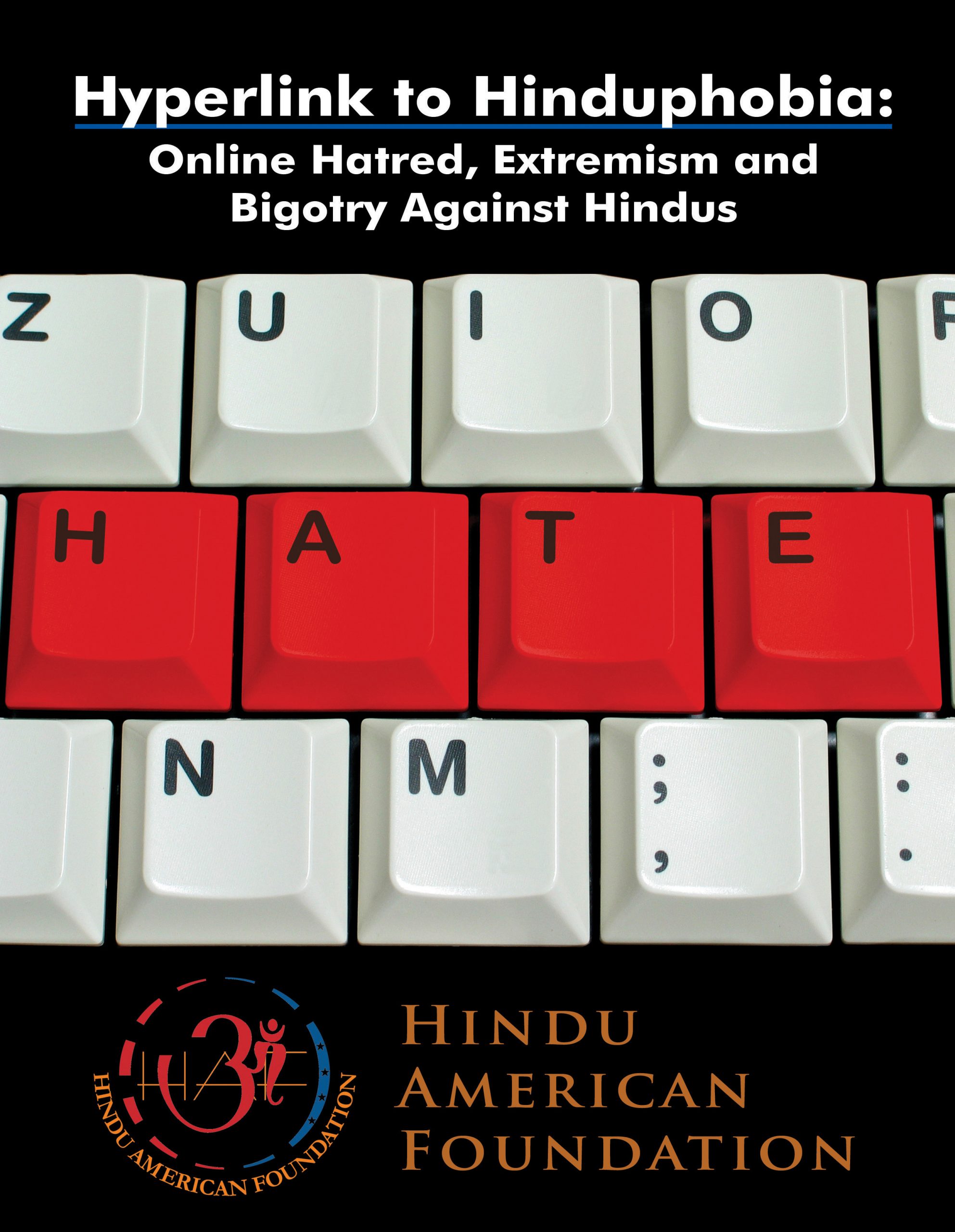Hinduphobia or anti-Hindu hatred have a tragically long history which continues to this day across the globe. They are fueled by a range of factors, including religious intolerance, religious exclusivism, a lack of religious literacy, misrepresentation in the media, academic bias still rooted in oftentimes racist, colonial-era misportrayals and, in the diaspora, generalized anti-immigrant xenophobia and hatred.
A working definition of Hinduphobia was developed by in 2021 at the Understanding Hinduphobia conference held at Rutgers University:











































